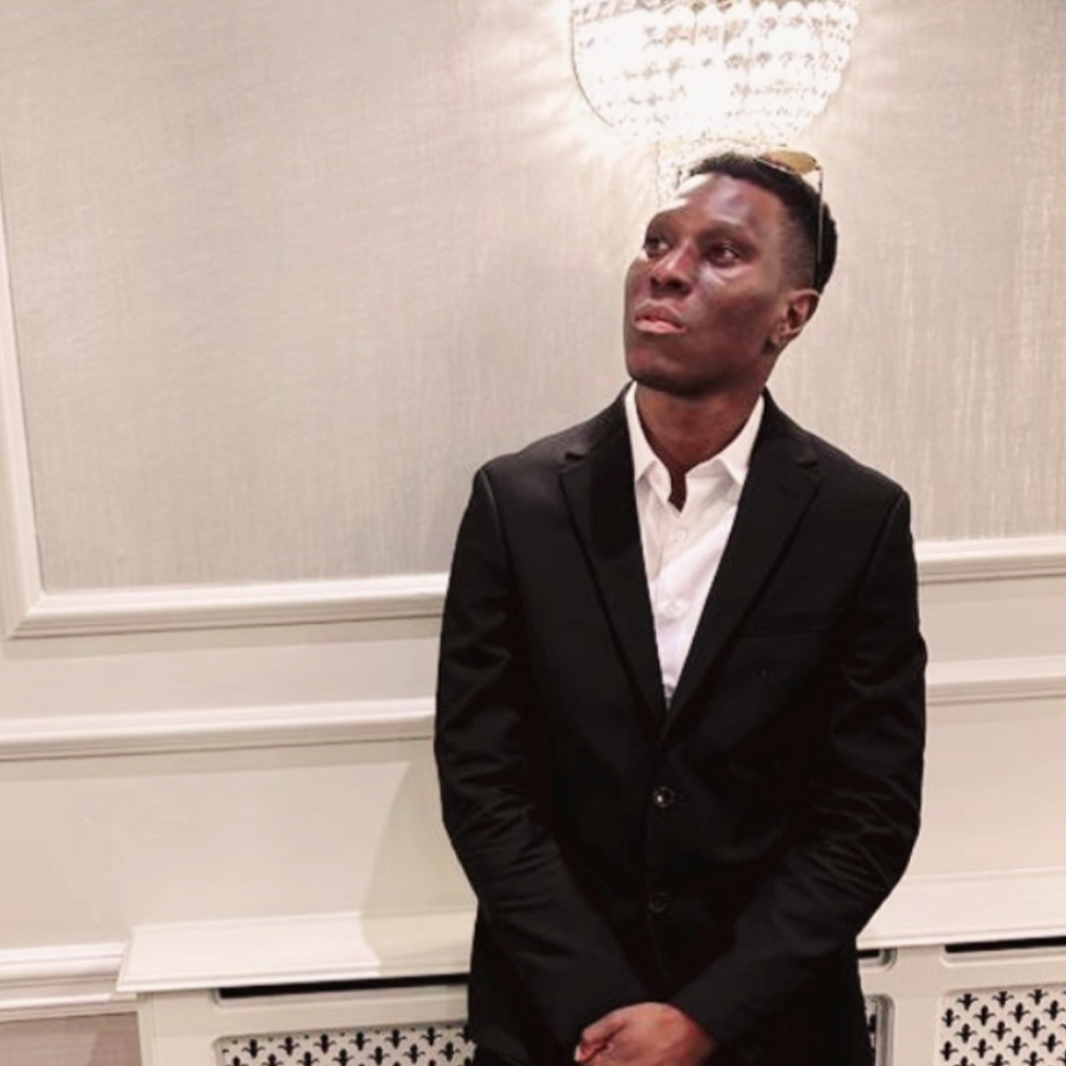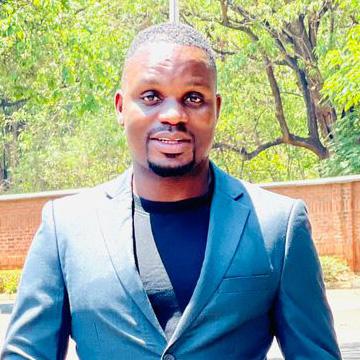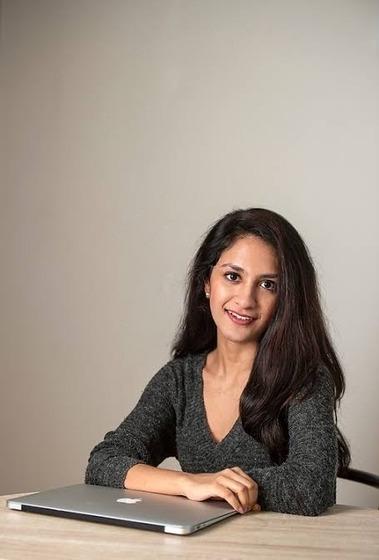Emma
"For me personally, committing to the MA in Dance Movement Psychotherapy is a process of exploring relationships. The experiential nature of the course, set within a psychodynamic framework, has challenged me to reflect upon the relationships I maintain as a trainee therapist."
Main details
During the course of the MA we explored different tools and theories that provide an approach and framework for our therapeutic practice. Yet how each individual understands and applies this knowledge is unique. In this I am motivated by an inherent curiosity: What moves us and moves between us? How can I navigate safely through unknown territory in therapeutic work with my clients? The questions are perhaps never fully answered but the practice of clinical work, supervision, personal therapy, movement research and peer experiential creates a solid environment where these questions can be reflected upon.
In my current clinical work I am providing weekly Dance Movement Psychotherapy sessions for adults with learning disabilities. We are working as a group to establish qualities of listening and witnessing and develop a place where emotions, dreams, desires, fears and needs can be articulated and acknowledged. I have found the experience of facilitating this process extremely rewarding and as we now approach the end, I find the most difficult aspect is the seemingly simple task of acknowledging the ending. That is acknowledging the ending with all the associations and emotions inherent in the groups’ experience of the therapeutic relationship.
The MA in Dance Movement Psychotherapy at Goldsmiths has provided different environments within which I am challenged to maintain and reflect upon the therapeutic relationship, and the different psychic weather the therapeutic relationship has withstood. This exploration and reflection is supported by the community of engaged and inspiring peers and mentors at Goldsmiths.


